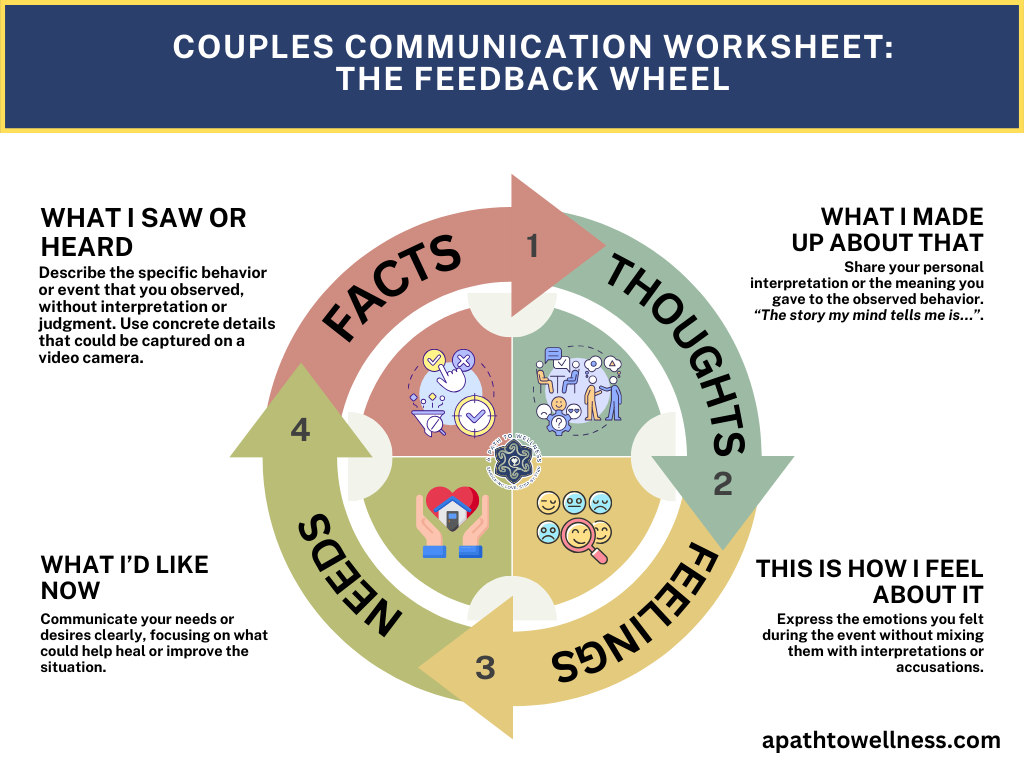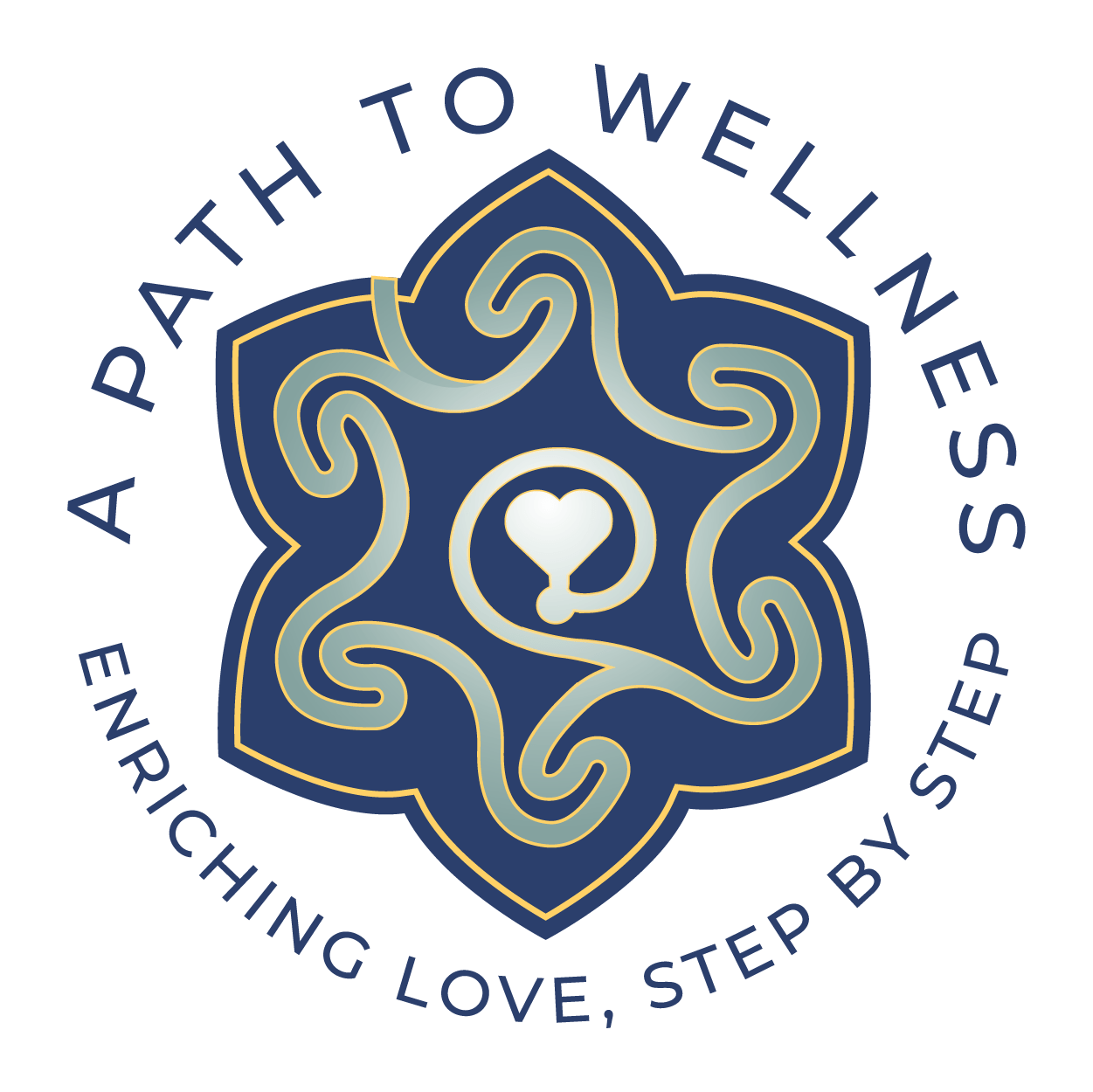In a recent interview with Dr. Tom Murray, AASECT Sex Therapist and author of Making Nice With Naughty, Lara McGlashan shed light on the impact of not being sexually active on men’s health in her insightful blog post titled “Not Having Sex Could Cut Your Life Short. Here’s Why.”
Let’s delve deeper into the comprehensive insights provided by both McGlashan and Dr. Murray.
Men can think back to their teenage years when even the slightest breeze or mention of a training bra was enough to ignite a surge of emotions. Sexual inactivity as you age can impact lifespan, contrasting with innocent memories of the past.
There are many reasons why a man might not feel inclined toward intimacy, as McGlashan highlighted in her conversation with Dr. Murray (work, children, in-laws, and the list goes on), but the absence of sexual activity could be detrimental to his general health.
Dr. Murray discussed a 2020 study revealing that weekly sexual activity linked to lower early death rates.
Moreover, the effects of COVID-19 have had unsexy repercussions, as both McGlashan and Dr. Murray explored in their conversation. “Regardless of the circumstances, humans have always found a way to explore their desires. In fact, hookup apps boomed during the pandemic,” explains Dr. Murray. Pandemic increased time with partners, potentially causing monotony and reduced sexual desire. The fire of desire thrives on mystery, and the pandemic may have caused that sense of mystery to evaporate.”
McGlashan’s interview reveals the impact of sexual activity on various aspects of life and health. Let’s look at the seven unexpected effects of not being sexually active that McGlashan and Dr. Murray have identified:
The Impact on Mood: Boosting Happiness and Pleasure
McGlashan’s conversation with Dr. Murray reveals that not having sex can result in a negative mood. A satisfying orgasm has a remarkable ability to brighten your day. However, it’s not just your reproductive organs that benefit from the release of pleasure. As Dr. Murray discussed, engaging in sex releases brain chemicals (endorphins, dopamine, oxytocin) that boost mood, pleasure, and happiness.
The interview highlights oxytocin’s link to satisfying relationships, bonding, mood enhancement, and potential depression risk reduction. Additionally, post-orgasm, you experience the secretion of prolactin, which promotes a sense of calmness and sexual satisfaction.
It’s worth noting that going solo doesn’t have the same comprehensive effect. Dr. Murray’s insights reveal that partnered sexual activity provides a more effective mood boost than solo activity.
The Effect on Stress Levels: Finding Relief through Intimacy
The interview highlights rising stress levels due to layoffs, economic uncertainty, and political tensions in society. However, the conversation with Dr. Murray highlights that engaging in sexual activity may offer a stress-relieving solution. When oxytocin is released during sex, it helps decrease the production of the stress hormone cortisol.
Furthermore, The interview cites a 2019 study linking intimate connection with partners to reduced cortisol levels (stress hormone).
Sleep Quality: Unveiling the Sleep-Enhancing Power of Sexual Activity
The conversation with Dr. Murray cites a 2019 study that revealed the perception of achieving orgasm, whether through solo or partnered sexual activity, as a sleep enhancer. Orgasms release sedative hormones, enhancing sleep quality, length, and promoting tranquility and relaxation, as per Dr. Murray.
So when you skip sexual activity before sleeping, you may not get the same amount of restful shut-eye.
Immunity Boost: The Connection Between Intimacy and Health
As discussed in the interview reveals that intimate contact during partnered sexual activity can positively impact your health. Dr. Murray explains that compounds like oxytocin may have anti-inflammatory properties and can help control the immune response, thus reducing inflammation.
The interview cites the Cleveland Clinic, stating frequent sex (1-2 times per week) boosts immunoglobulin A, preventing illness. Additionally, a 2021 study found that having sex more than three times per month offered greater protective effects against COVID-19 than for those who had sex less often.
Heart Health: How Sexual Activity Benefits Your Cardiovascular System
Even though it doesn’t burn a significant amount of calories, the interview highlights that engaging in sexual activity may benefit your heart. The conversation references a study published in the American Journal of Cardiology, which showed that a low frequency of sexual activity—namely, once a month or less versus twice a week or more—was associated with an increased risk for cardiovascular disease.
According to Dr. Murray, having sex lowers blood pressure and enhances blood flow. Oxytocin, in particular, has vasodilatory properties, meaning it helps relax blood vessels.
Cognitive Function: Unveiling the Cognitive Benefits of Sexual Activity
The interview suggests that men might actually benefit their brains when it comes to sexual activity. According to a study published in 2023, low sexual satisfaction in participants aged 56 to 68 was associated with memory decline.
Dr. Murray explains that sexual activity has many cognitive benefits, including enhanced social and emotional awareness. Research supports this, as a study published in the Archives of Sexual Behavior found that partnered sexual activity was associated with better performance on a memory test.
The Desire Dilemma: The Link Between Sexual Inactivity and Decreased Libido
The conversation with Dr. Murray reveals that not having sexual activity for an extended period can lead to a decrease in desire. The longer the period without sexual activity, the less inclined one might feel to engage in it.
Dr. Murray adds that going for long periods without sex can cause feelings of loneliness and detachment from your partner. “Humans are social creatures, and we crave connection,” Dr. Murray explains. “Sex can quench that desire for connection.”
Chemically speaking, as Dr. Murray elaborates, prolactin promotes sexual and emotional bonding, while dopamine promotes feelings of pleasure, reward, and fulfillment. Therefore, engaging in sexual activity can potentially lead to more prolactin and, consequently, more sexual activity.
In conclusion, the insightful conversation between Lara McGlashan and Dr. Tom Murray sheds light on the various impacts of not being sexually active on one’s overall health and well-being. It is evident that sexual activity plays a vital role in mood regulation, stress management, sleep quality, immunity, heart health, cognitive function, and even sexual desire. So, while we acknowledge the potential consequences of not engaging in sexual activity, it is important to prioritize our health and maintain a healthy balance in all aspects of life.











